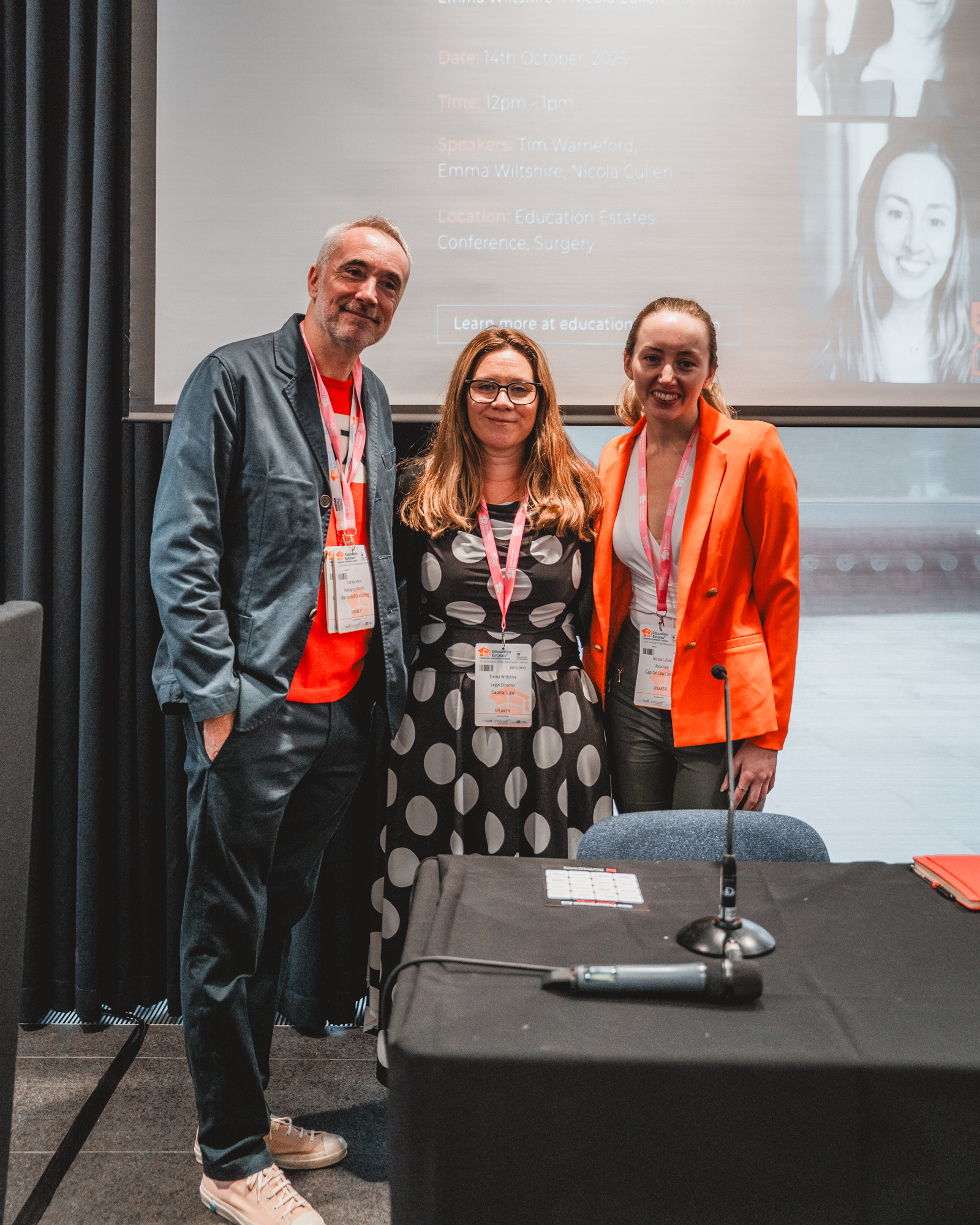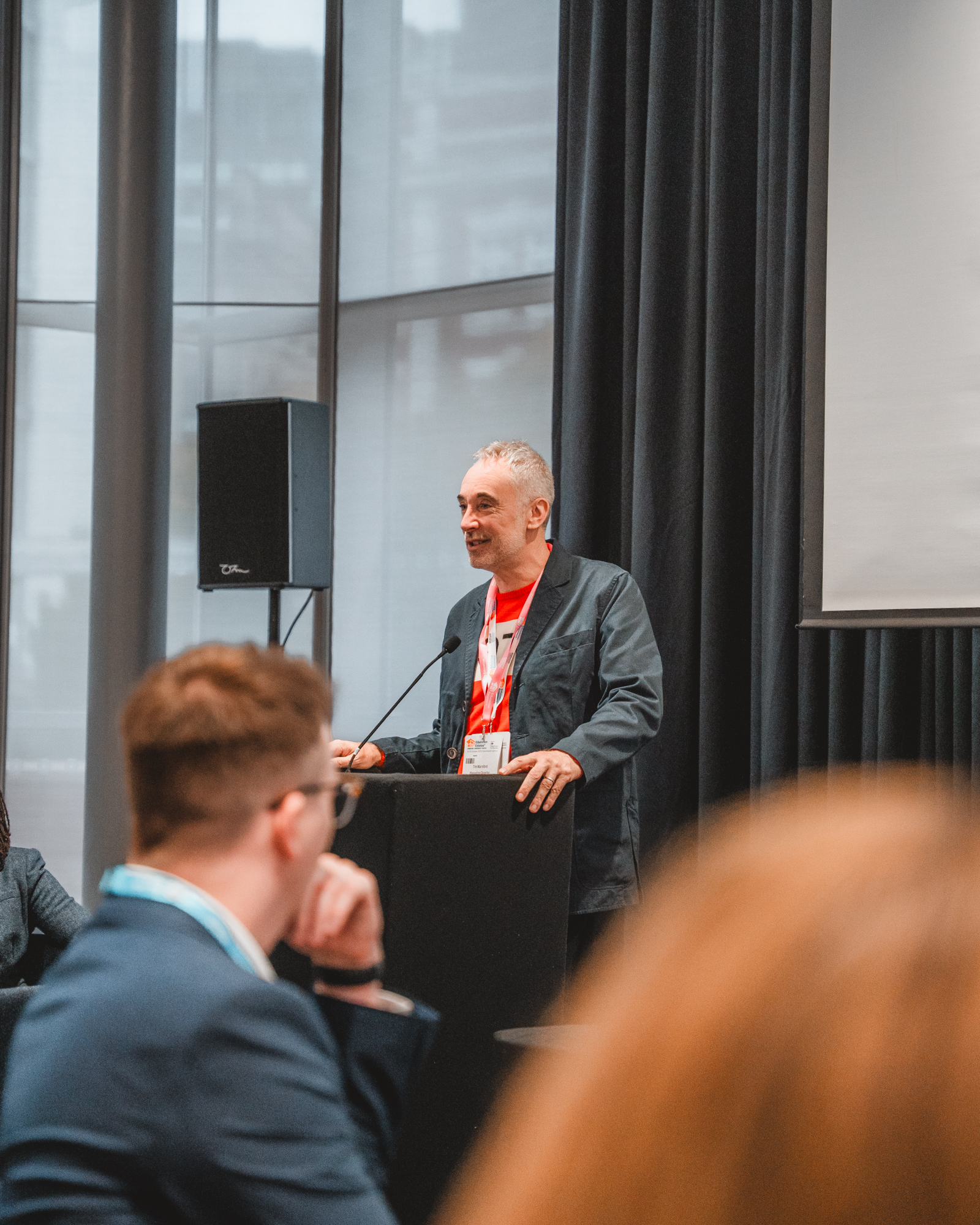Education Estates Conference 2025
What a fabulous week it was at the 12th Education Estates Conference, and what I believe was Warneford Consulting’s 10th year of attendance.
This year, the conference hall was extended to meet growing demand, and while I’ve always enjoyed the event, this one was probably my favourite. What’s beyond doubt is that it was also my busiest.
Warneford Consulting sponsored, chaired and organised a workshop on the impact of the new Procurement Act on schools. We invited Emma Wiltshire and Nicola Cullen from the specialist procurement firm Capital Law, who shared expert insight and opinion with a packed audience through our newly designed SWOT approach.
I followed this session with one exploring best practice in procurement — focusing on how schools can embed social value and sustainability through collaboration with their supply chains. We were joined by sector experts Helen Burge, Julie Rowlandson and Vickie Keeling, who provided thoughtful and practical perspectives.
Later that day, I joined a panel with Harshil Patel, Will Attlee, Claire Jackson, Sharon McHale and Chair Liz Mendlesohn to discuss how the sector can scale up to meet the challenges of condition improvement and achieving net zero.
Finally, I chaired another lively session on the merits, or otherwise, of adopting a fabric-first approach to strategic estate management. The panel included Warneford Consulting’s own James Smurthewaite, alongside Andrew, Chris Newman and Mike McGill, and the audience certainly didn’t hold back in challenging the discussion.
The Department for Education was once again represented in strong numbers and, as ever, their team were generous with both their time and advice.
As usual, there was plenty of discussion around the forthcoming publication of this year’s Condition Improvement Fund (CIF) guidance and the inevitable question of whether it might be the final round.
I continue to make the case for CIF. While it’s not a perfect model, the idea that all schools could instead be funded through the formulaic School Condition Allocation (SCA) remains, in my view, even more flawed when it comes to fairly distributing capital for essential projects.
As highlighted on the graphics at the Warneford Consulting stand, I continue to advocate for a fairer distribution of government investment in our ageing and often crumbling school estate. My thanks also go to our agency, Bear Creative, for their creative input and support in bringing those ideas to life.
James and I also took the opportunity to speak with delegates, as well as colleagues from the DfE and LocatED, about our new GEMZ software, which is due to launch later this year. Exciting times for us!
Yours in education,
Tim Warneford




